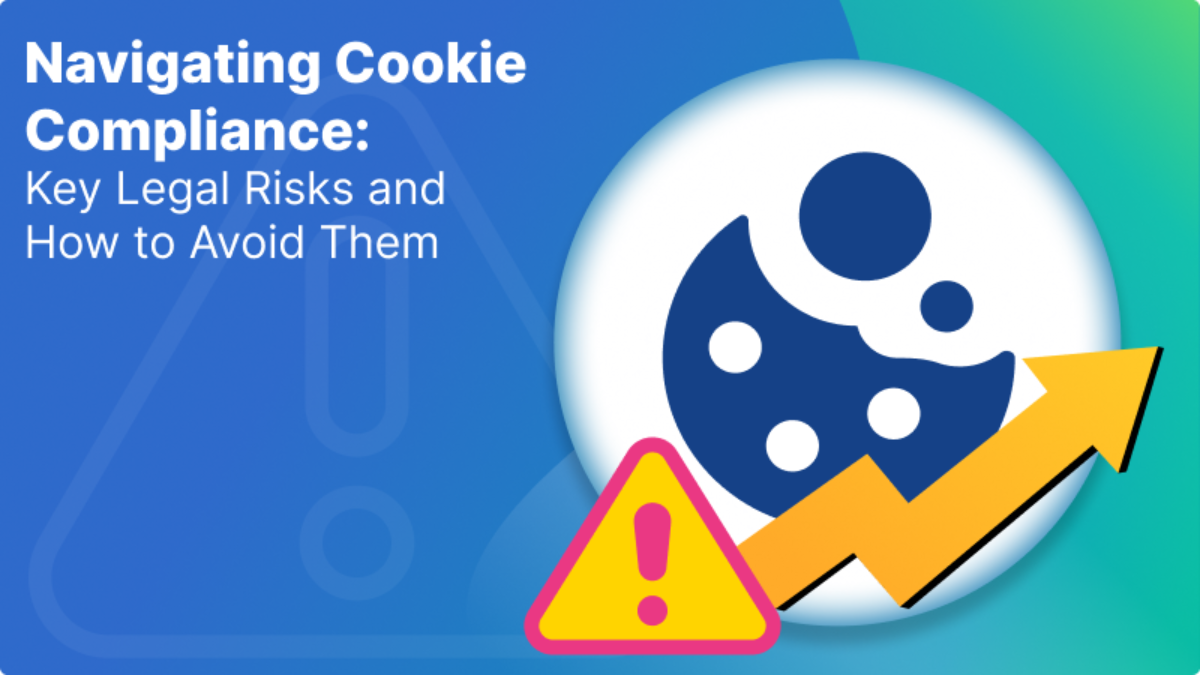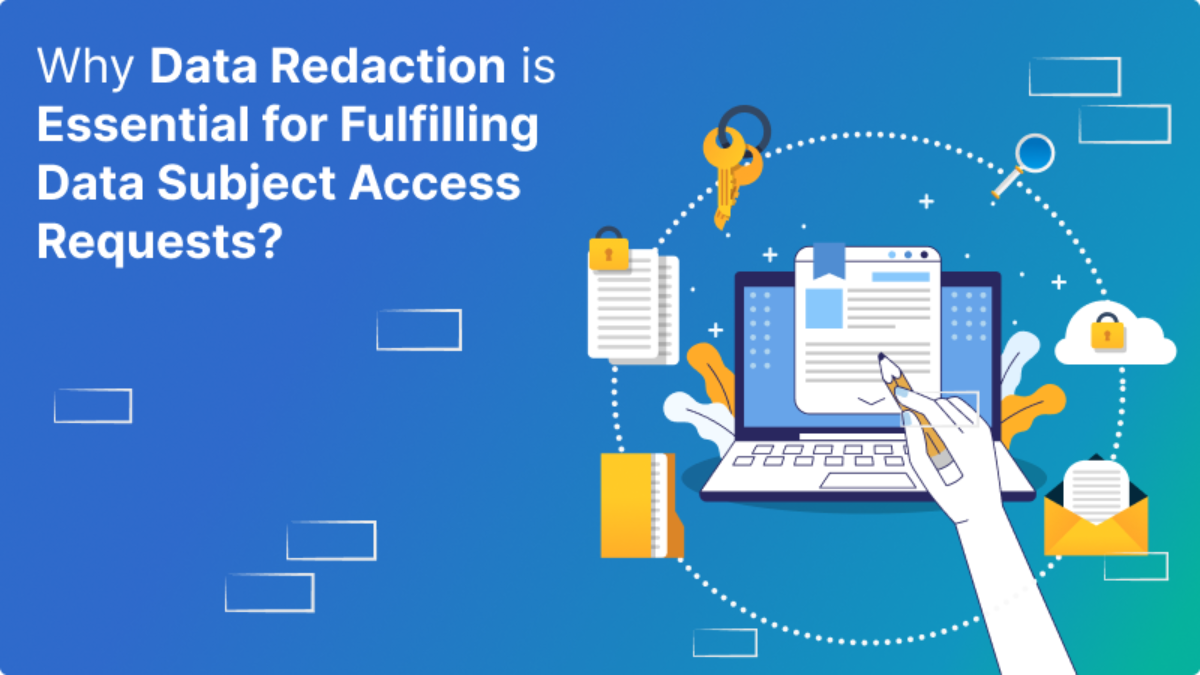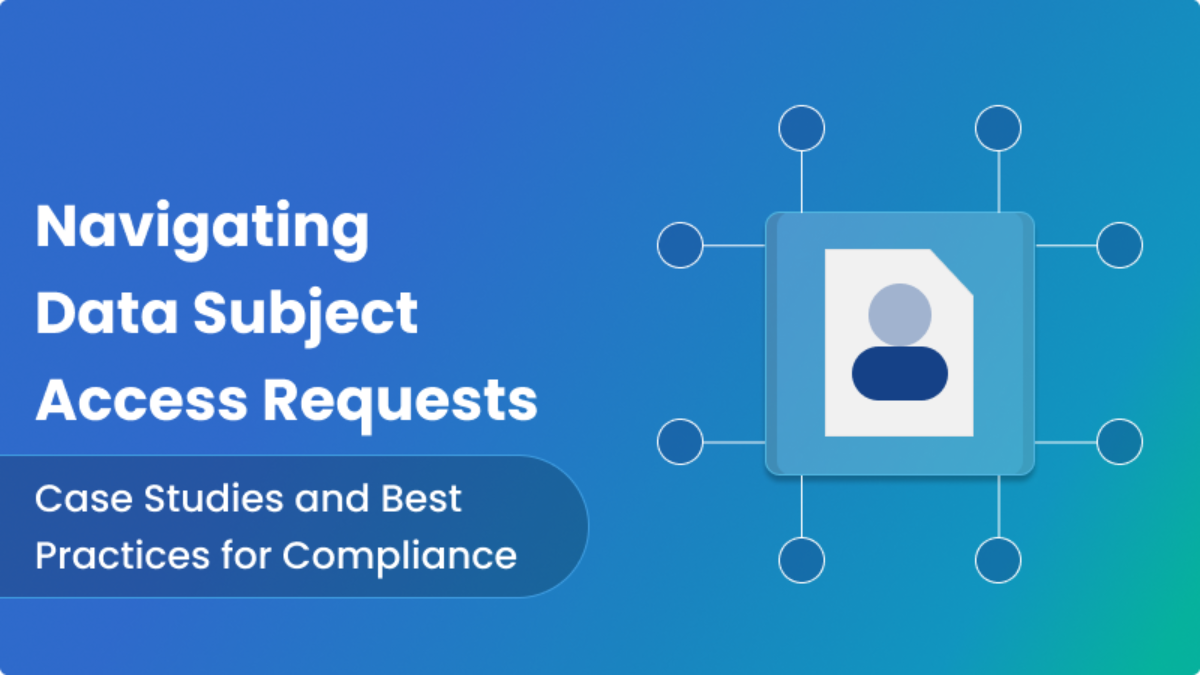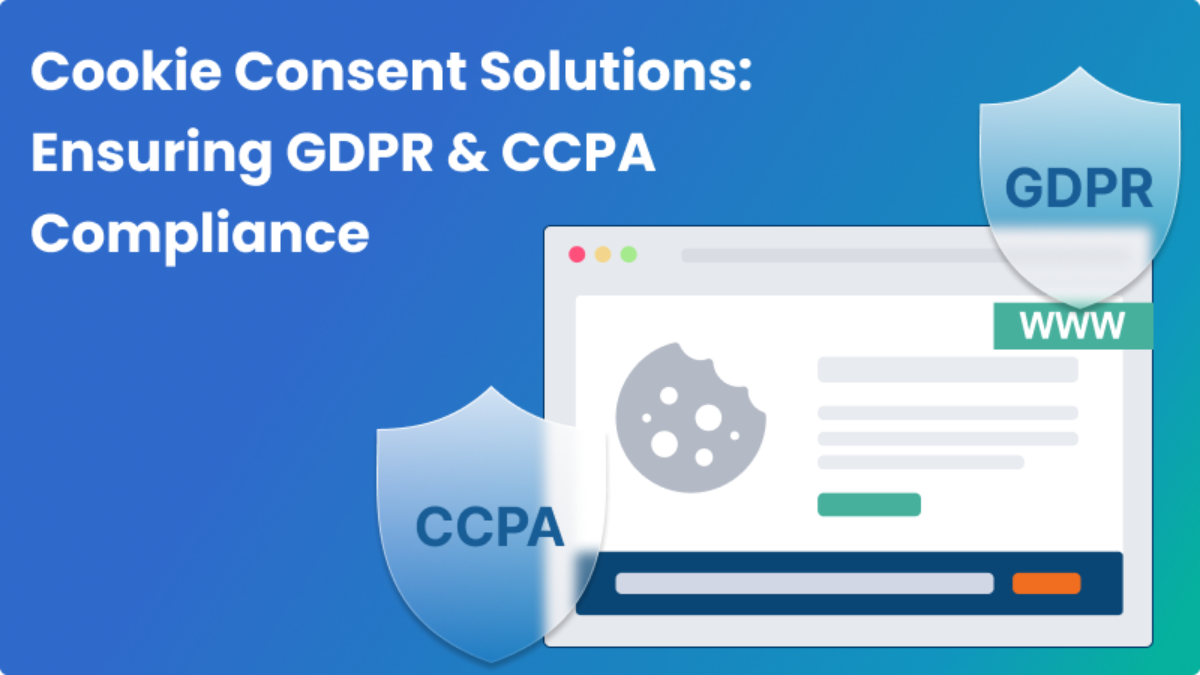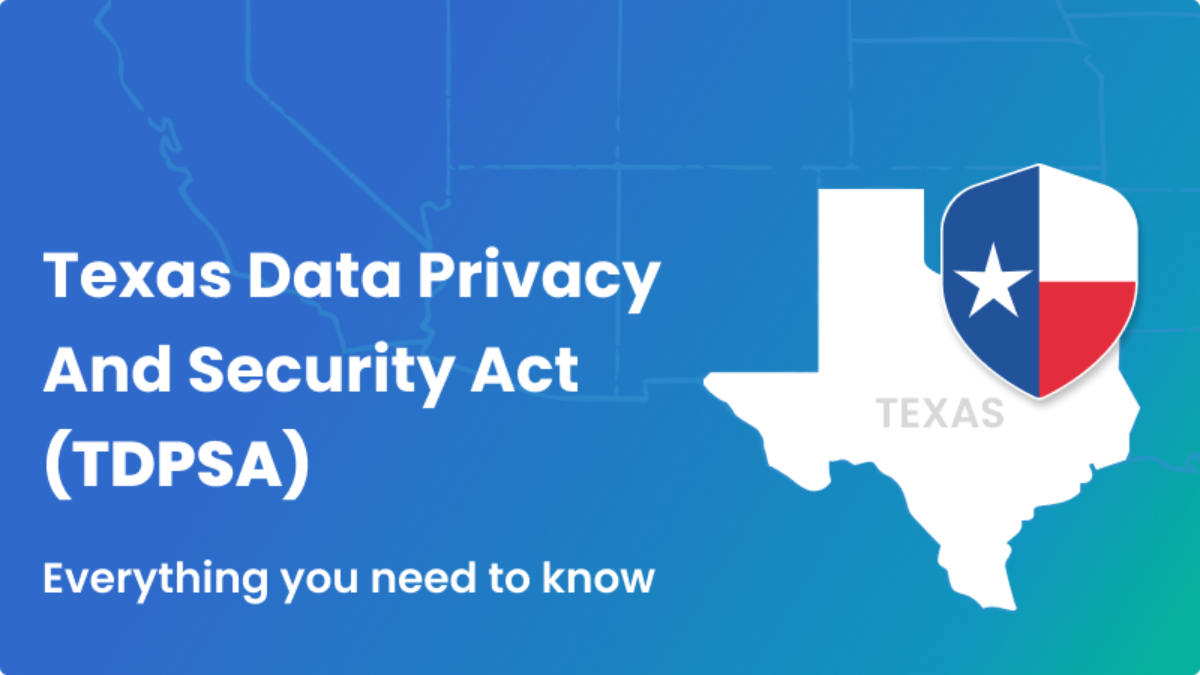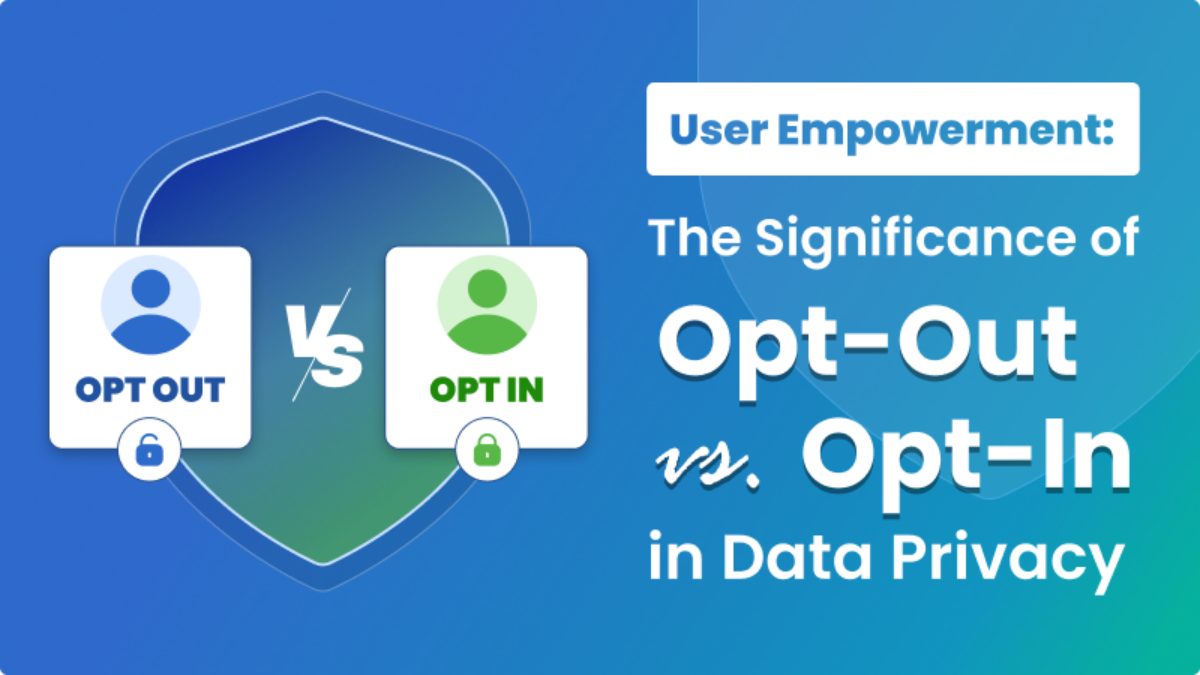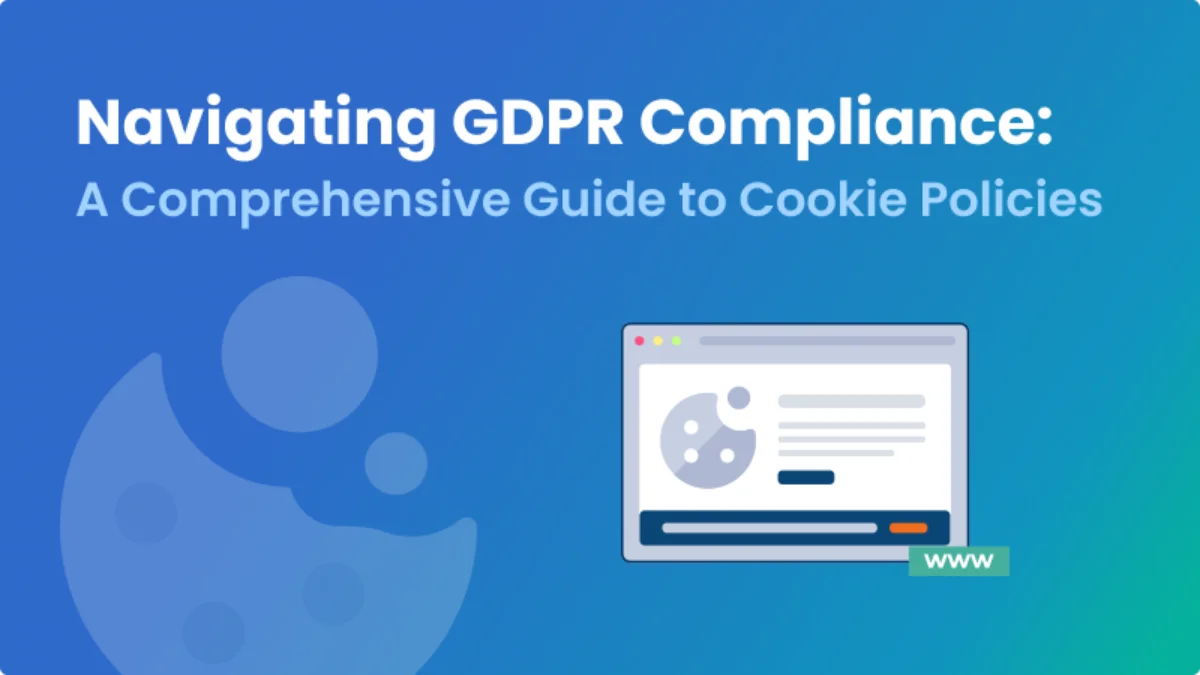Navigating the Evolving Data Privacy Landscape: Insights and Updates for 2024

Understanding New Data Privacy Law
In the ever-expanding digital realm, where data reigns supreme, a heightened sense of responsibility accompanies the increased reliance on information. As individuals become more conscious of their digital footprint, the landscape of data privacy regulations is rapidly evolving, presenting a dynamic challenge for businesses. Understanding these changes is paramount for legal compliance and establishing trust with customers.
Current Data Privacy Trends 2024
Increased Regulatory Scrutiny:
Governments worldwide are intensifying their focus on data protection regulations, with GDPR in the European Union, CCPA in California, and other regional laws influencing global privacy standards.
Emergence of New Privacy Laws:
Various countries, such as Brazil with the LGPD, are enacting or updating to new data privacy laws, contributing to the evolving global privacy framework.
Focus on User Consent and Transparency:
As, new data privacy legislations are emerging, obtaining clear and informed consent from users for data collection and processing is gaining importance, emphasizing transparency for building trust.
Rise of Data Minimization and Purpose Limitation:
With upcoming new data privacy laws, organizations are increasingly adopting the practice of collecting only necessary data for specific purposes, aligning with the principle of data minimization.
Enhanced Data Security Measures:
With a surge in data breaches and cyber threats, organizations invest in robust security measures such as encryption, multi-factor authentication, and regular security audits.
Artificial Intelligence (AI) and Privacy:
As AI applications become more widespread, there is a growing need for new data privacy laws & frameworks to ensure ethical deployment that respects user privacy, addressing concerns about algorithmic transparency and potential biases.
Data Subject Rights and Individual Empowerment:
The new data privacy law ensures that the focus on empowering individuals to control their personal data continues to grow, with regulations like GDPR granting individuals greater control over their information.
Global Collaboration and Cross-Border Data Flows:
Cross-border data transfers and the interoperability of privacy regulations remain key challenges, prompting organizations to navigate international data flows while adhering to diverse privacy requirements, as the new updated data privacy laws and legislations come to action.
Corporate Accountability and Ethical Data Practices:
There is a heightened emphasis on corporate accountability for data breaches and unethical data practices, driven in part by new data privacy laws. This necessitates responsible safeguarding of user data
Emerging Technologies and Privacy
Artificial Intelligence (AI):
Regulatory focus on data used in AI algorithms and potential bias, leading to transparency and accountability requirements.
Digital Technologies and Automation:
Balancing the efficiency of automation with individual privacy concerns is crucial.
Blockchain:
While offering privacy benefits, data immutability and access control challenges need consideration.
Laws and Updates in Data Privacy Regulations in 2024
The year 2024 marks a significant shift in data privacy regulations in the US and the EU. Let’s delve into the key developments and their implications:
The US:
- California’s Delete Act: This revolutionary law grants Californians unprecedented control over data held by data brokers, allowing them to request the removal of online footprints, purchase records, and even inferred personality traits.
- State-Level Regulations: Several states are enacting their own privacy laws, including:
- Oregon Consumer Privacy Act (OCPA): Similar to CCPA, it applies to businesses handling data of 100,000+ Oregon residents, granting them data access, correction, and deletion rights.
- Texas Data Privacy and Security Act (TDPSA): Applies to businesses with $25 million+ revenue or handling data of 500,000+ Texas residents. Mandates security measures and grants limited data access/correction rights.
- Delaware Personal Data Privacy Act (DDPA): Similar to CCPA, it applies to businesses with data of 100,000+ Delaware residents, granting them data access, correction, and deletion rights.
- Montana Consumer Data Privacy Act (MTCDPA): Similar to CCPA, it applies to businesses handling data of 50,000+ Montana residents, granting them data access, correction, and deletion rights.
EU:
- Digital Markets Act (DMA): Targets companies like Google and Facebook, addressing unfair algorithms and promoting fair competition in online markets.
- Digital Services Act (DSA): Holds large platforms accountable for content and algorithms, emphasizing transparency, harmful content takedown, and user protection against manipulation and misinformation.
- ePrivacy Regulation (under negotiation): Aims to update the ePrivacy Directive, promising stricter cookie rules, limitations on tracking/profiling, and increased user control. Together with GDPR, it seeks to create a comprehensive EU data privacy framework.
- AI Act: Regulates the development and use of AI, particularly high-risk systems, with stringent requirements and scrutiny. Sets a global precedent for responsible AI development and ethical use.
Key Data Privacy Issues and Emerging Challenges for 2024
Data privacy remains a complex and dynamic issue as the digital landscape evolves rapidly. With changes in the latest Data Protection Act, here are some key challenges to watch in 2024:
Regulatory Flux:
- International Convergence: Will different data privacy regulations converge worldwide, or will fragmented frameworks remain challenging?
- Emerging Laws: How will new regulations like the EU’s AI Act and US state laws like the Virginia CDPA impact businesses?
- Enforcement: How will regulators enforce existing and new data privacy laws? Can we expect increased fines and penalties?
Technological Advancements:
- AI Transparency and Bias: How can we ensure transparency and mitigate bias in increasingly sophisticated AI algorithms?
- Biometric Data: How will regulations evolve around collecting, storing, and using biometric data like facial recognition?
- Data Sovereignty and Cross-Border Transfers: How will data localization rules and restrictions on cross-border data transfers impact international businesses?
- Privacy-Enhancing Technologies (PETs): Will PETs like homomorphic encryption and federated learning become mainstream solutions for protecting data privacy?
Ethical Considerations:
- “Pay or OK” Model: Will this controversial model, where users pay to avoid data collection, gain wider traction and raise questions about fairness and user choice?
- Surveillance and Government Access: How can we balance security concerns with individual privacy rights amidst increasing government surveillance efforts?
- Personal Data Monetization: How can individuals benefit from the value their data generates while ensuring ethical and responsible data practices?
- Human-AI Interface: How can we ensure AI systems are designed with respect for human values, inclusivity, and ethical considerations?
Additional Challenges:
- Cybersecurity Threats: How can businesses effectively protect against data breaches and cyberattacks?
- Privacy Education and Awareness: How can we empower individuals to understand and exercise their data privacy rights?
- Evolving Legal Landscape: How can businesses stay informed about constantly changing data privacy regulations and adapt their compliance strategies accordingly?
What Does New Data Privacy Law Mean for Businesses?
Businesses must adapt to the new data privacy law & legal landscape and implement privacy measures for their customers. Below is a roadmap that businesses should consider:
- Identify the relevant laws and regulations that apply to your business.
- Include privacy considerations at every stage of product development.
- Implement robust cybersecurity systems and educate staff to maintain security.
- Provide simple mechanisms for users to exercise their data rights.
- Clearly explain AI practices and allow users to opt-out or restrict AI data collection.
- Stay informed and consult professionals to keep up-to-date with legal changes.
Privacy Best Practices Checklist (2024)
As we step into 2024, businesses should consider:
- Performing data mapping exercises to ensure compliance with new requirements.
- Reviewing external privacy policies for accuracy and inclusion of relevant disclosures.
- Implementing opt-out preference signals for upcoming state laws.
- Conducting data protection impact assessments (DPIAs) and reviewing AI tools in line with published frameworks.
- Staying informed about evolving data privacy laws and seeking expert guidance for customized advice.
Conclusion
In conclusion, the dynamic data privacy landscape in 2024 requires businesses to be proactive, adaptive, and committed to ethical data practices. Staying ahead of regulatory changes and prioritizing privacy ensures legal compliance and fosters trust and resilience in an ever-evolving digital era.
While New data protection laws in 2024 could be a positive step towards stronger consumer privacy and data security, it’s important to consider the potential challenges for businesses and ensure regulations are implemented effectively.

